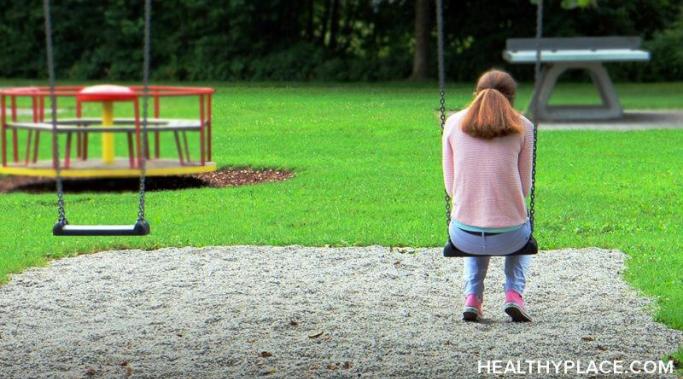Learning to validate yourself is a powerful tool, especially for those of us with the ever-intense borderline personality disorder (BPD) emotions. I knew that the temptation to engage in maladaptive behaviors would still exist on my road to recovery. I did not, however, expect the extent to which I would learn to invalidate and essentially gaslight myself.
BPD and Relationships
When meeting new people, I can become obsessive about looking for approval. Due to living with borderline personality disorder (BPD), I often feel separate from others and like my sense of self is undefined. Therefore, I sometimes change my external personality traits to better connect with other people and feel accepted.
I just celebrated my first marriage anniversary. When I was younger, my borderline personality disorder (BPD) symptoms were so intense that I struggled to maintain long-term, healthy relationships. However, I have adopted some strategies to keep my marriage and myself healthy.
It can be challenging to stay grounded in the present moment when you live with borderline personality disorder (BPD). Unstable emotional states and anxious thoughts can often pull you into a past or future mindset. However, bringing yourself back into the present can have a wealth of benefits for your mental health.
It can be challenging to make and keep friends if you live with any mental illness. If you have borderline personality disorder (BPD), your unpredictable behaviors, tumultuous emotions, and fear of abandonment can drive others away. However, managing your BPD symptoms can help you to stabilize your friendships.
People with borderline personality disorder (BPD) may struggle with self-destructive behavior and self-hatred. I spent many years believing that I didn't deserve happiness and getting in my own way because of it. However, there are methods you can use to stop sabotaging yourself when you live with BPD.
It can be easy to fall into a victim mentality with borderline personality disorder (BPD). You can often feel like your brain is working against you and making life unnecessarily hard. However, treating yourself as a victim can be detrimental and prevent you from recovering and moving on from traumatic events.
When I had few responsibilities, I could afford to mope at home, overindulge on substances, and be generally destructive. However, now that I have greater purpose and obligations, my borderline personality disorder (BPD) symptoms are much less severe. Therefore, I believe that responsibility has an important role in BPD recovery.
Borderline personality disorder (BPD) can be an isolating disorder. I have spent many years feeling separate from other people and like an outsider in social situations. These feelings started when I was a child and have continued into adulthood, although they have changed.
Managing a long-term relationship with borderline personality disorder (BPD) can be challenging. You have to cope with the usual relationship challenges while managing difficult BPD symptoms like fear of abandonment, wildly fluctuating emotions, and general instability. However, it is not impossible to maintain a long-term relationship with BPD.









